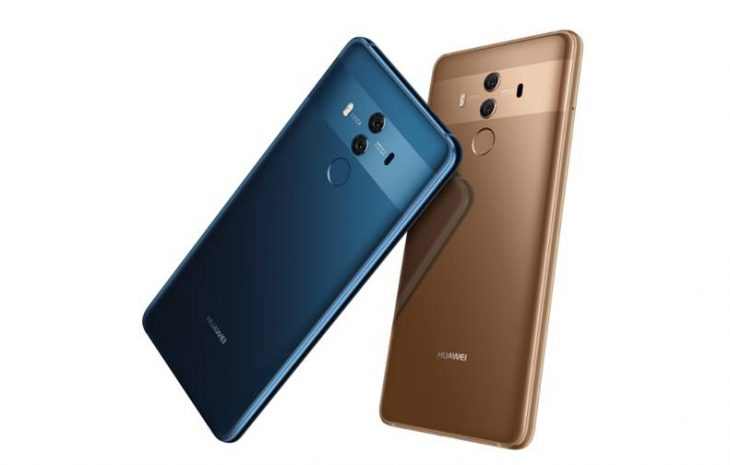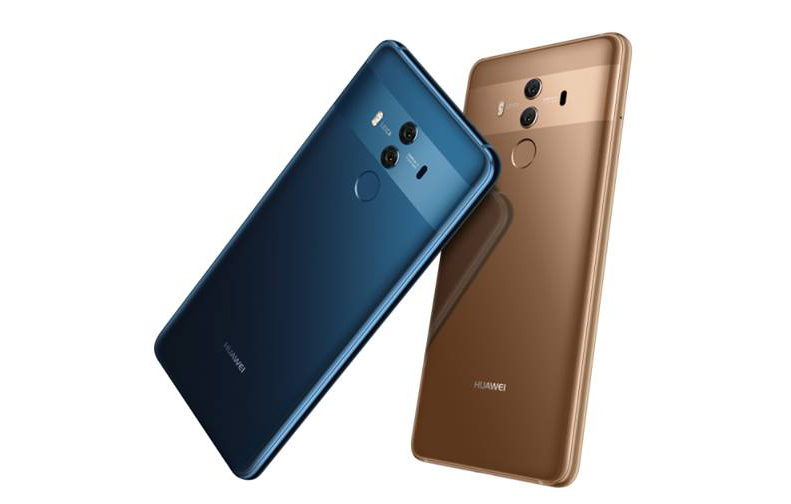
Huawei made a big splash last year when they announced the new Kirin 970 CPU with it’s own AI hardware chip onboard. It first arrived on the Mate 10 and Mate 10 Pro but at the time the uses for the AI hardware chip were very limited. Huawei have been working hard on various implementations of the Kirin 970 and have today shown off just how powerful it can be by using it to drive a driverless car.
In a bid to push the boundaries of not just the object recognition technology but also the learning capabilities and speed of the Kirin 970 and the Mate 10 Pro Huawei has been partnering with Porsche with the “RoadReader” project.
In a first, Huawei’s RoadReader project is the first mobile device manufacturer to use an AI-powered device to drive a car. The idea behind RoadReader is that other driverless cars just detect obstacles but using AI pattern recognition and machine learning the Mate 10 Pro was able to leverage it’s AI chip to distinguish between thousands of these objects that the driverless car “sees”. It then used the recognition of these objects to decide on the most appropriate course of action.
(It makes you wonder what object it recognised that made it decide the best course of action was to speed up and run it over?)
Huawei was able to achieve this result in a mere five weeks which is remarkable and makes you wonder where the technology, not just in cars but in phones, will head in the future.
Our smartphone is already outstanding at object recognition. We wanted to see if in a short space of time we could teach it to not only drive a car, but to use its AI capabilities to see certain objects, and be taught to avoid them. If our technology is intelligent enough to achieve this in just 5 weeks – what else can it make possible?Andrew Garrihy, Chief Marketing Officer, Huawei Western Europe
If that’s not a teaser for the upcoming P20 I don’t know what is. While the Mate 10 used the AI chip in a limited number of ways we expect Huawei to bring a lot more uses for the AI chip on the Kirin 970 in the P20 next month and we cannot wait to see them.
The Mate 10 can be purchased from Vodafone for $999 and $899 at JB HiFi while the Mate 10 Pro can be had for $1099 through Optus and various online retailers.
Huawei will be showcasing RoadReader at MWC next week where we hope to get a good look at this in action. With four Ausdroiders on the floor in Barcelona we hope to bring you a coverage of the worlds greatest mobile show like we’ve never been able to do before. Stay tuned for a lot more, especially the localised information in the coming week.
Sound off in the comments below about your thoughts on the whole AI built into the phone? What uses can you see for it in everyday life? Do you think it will continue to expand it’s uses?





